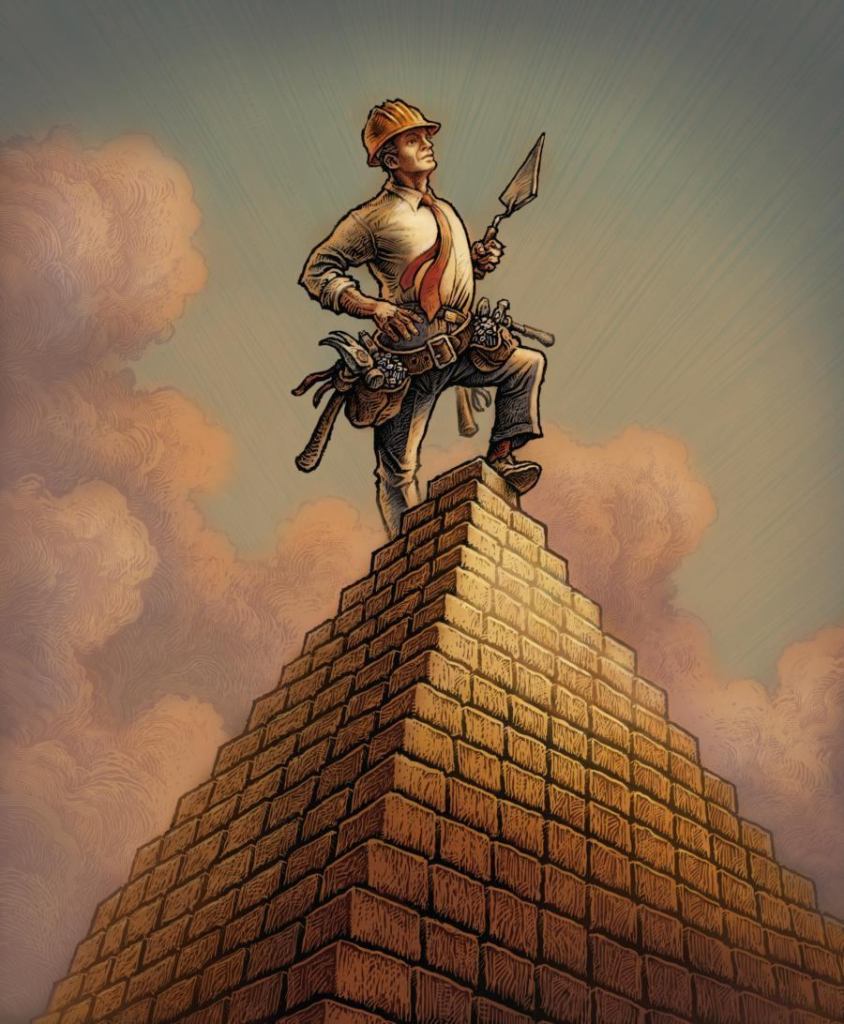Click here to see the 2008 Builder 100 list.
Steve Hilton, CEO of Meritage Homes, believed that a decentralized business model for producing semi-custom luxury homes would shield his company from any major downturn in buyer demand. But a persistent housing recession wrapped inside an unraveling economy—which precipitated the nearly $600 million in losses that Scottsdale, Ariz.–based Meritage reported over the past two years—shook those tenets to the point where Hilton has made “strategic shifts” toward centralized management and entry-level construction.
These major tactical changes helped Meritage survive a home building recession that has taken down at least 75 companies and led countless other builders to slash their workforces, close divisions, exit markets, write down billions of dollars in assets, and suspend construction activities. Many of the other survivors on this year’s Builder 100 list made similar structural changes to their operations that position them to take market share in coming years. But when asked how long he’ll keep those changes in place, Hilton responds, “for a long time, but probably not forever.”
Therein lies a paradox that trails the collapse in the housing market: Are builders experiencing what Jim Loewenberg, co-CEO of Chicago’s Magellan Development Corp. sees as “The Great Epiphany,” which is spurring a reinvention of their businesses in a world transformed? Or are they moving “from a volume focus to a cost focus,” in the words of Dick Norwalk, COO of G.L. Homes in Sunrise, Fla., and doing whatever is necessary to survive a downturn of epic proportions only to resume business as usual once economic conditions improve?
Well, the recession certainly has turned conventional wisdom about land, debt, product diversity, and expansion on its head. It will be hard for builders to shake the memories of a year during which new-home sales were off from a weak 2007 by 37.5 percent, housing starts fell by 33.1 percent (and by 40.5 percent for single-family units), and building permits tumbled by 35.1 percent, according to Census Bureau estimates. New-home prices, competing against mountains of unsold existing houses and foreclosures, shrank by nearly 7 percent to an average of $230,600 and continued to fall through the first quarter of 2009.
“It’s a stupid business to be in right now,” says a frustrated Michael Lerner, president and founder of MCZ Development in Chicago, whose revenue fell by 80 percent last year. Bill Clark, owner of Bill Clark Homes of Greenville, N.C., which in 2008 closed about half the number of homes it closed in 2006, thinks that anyone making money “is a genius. We’ve tightened every nut. But right now, nothing’s working.”
Some builders recognize the need to break from their pasts to prepare for the future. “Builders should be asking themselves ‘am I a merchant builder or a land developer?’” says Doug Bauer, the former COO of William Lyon Homes of Newport Beach, Calif. (See “Rules of Engagement”) But other builders see their survival so far as validation of their flexible business models, regardless of how much money they’ve lost. “I don’t think there’s anything we would change,” says Jeff Mezger, CEO of KB Home. “Our model has worked well for us during the down period, and we think it will be a real differentiator when things turn around.”
Learn more about markets featured in this article: Los Angeles, CA.



